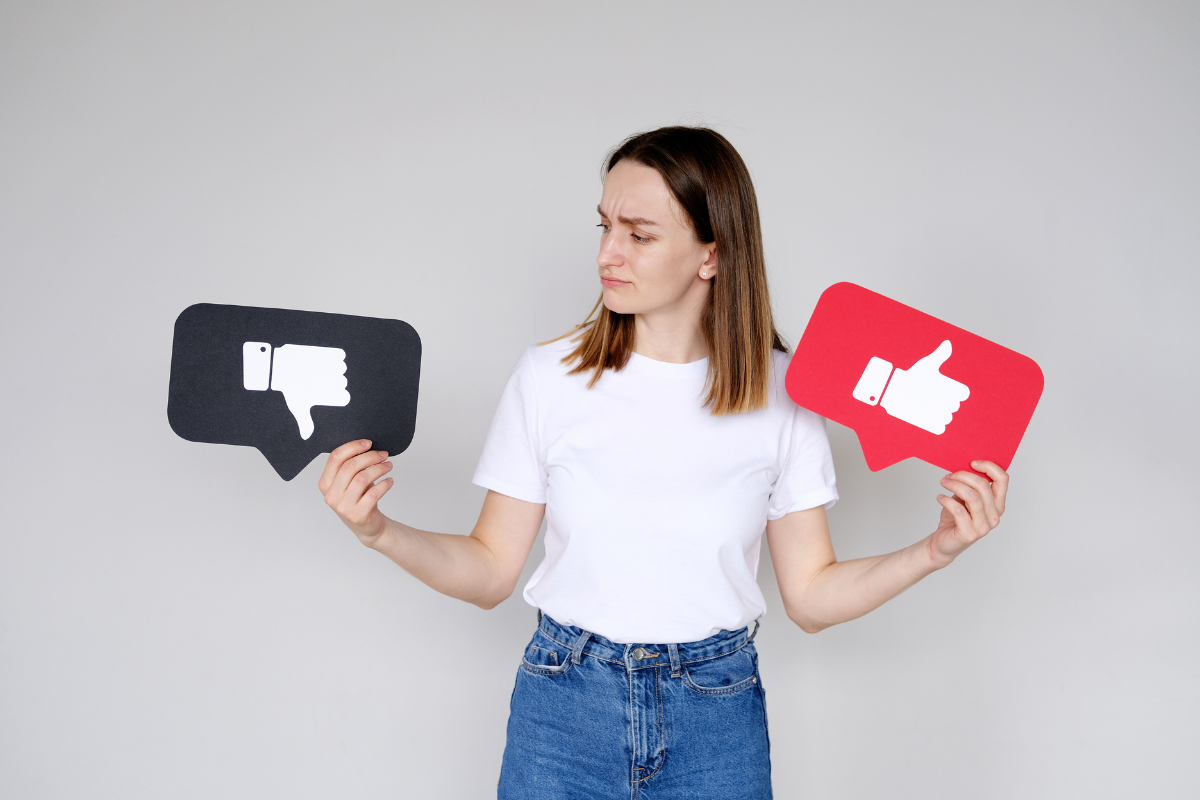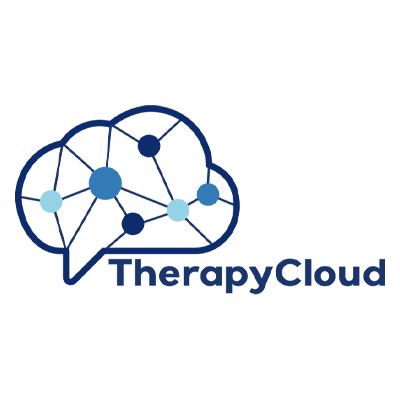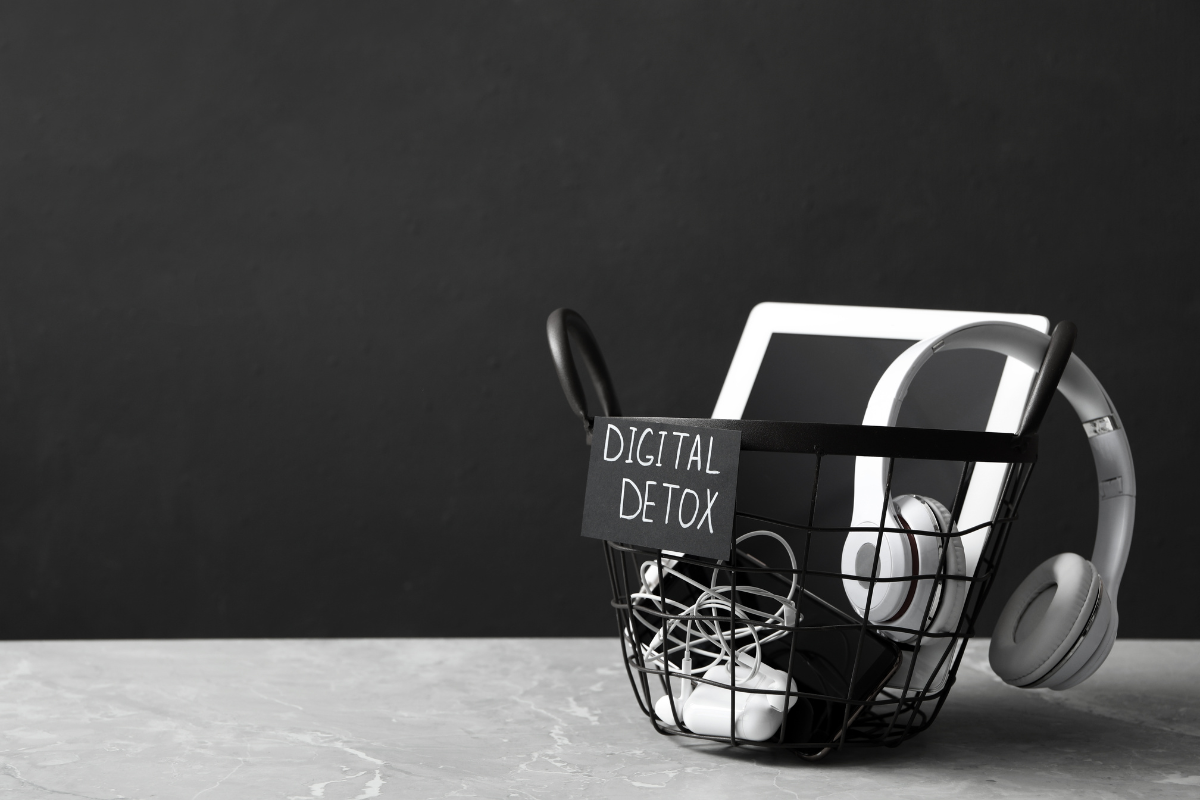Understanding and Addressing the Impact of Social Media on Mental Health

Whether we love it, hate it, or fall somewhere in between, social media is a regular part of how we communicate, stay informed, and unwind. It keeps us connected and entertained, but it can also leave us feeling anxious, inadequate, or emotionally drained.
It’s important to explore the full picture, including the helpful parts and the harmful ones, so we can take better care of our mental health in a world that’s constantly online. Understanding the effects of social media on mental health is the first step toward building a healthier relationship with it.
What Happens in Your Brain When You Use Social Media?
To really understand why social media affects us so deeply, it helps to look at what’s going on inside our brains when we scroll, post, or like.
The Dopamine Effect
Social media taps directly into the brain’s reward system. When you get likes, comments, or new followers, your brain releases dopamine — a chemical that makes you feel good and motivates you to seek out more of that positive feedback. This creates a kind of feedback loop, where your brain starts craving more likes and notifications, similar to how it responds to other pleasurable activities.
The trouble is that your brain can’t get enough. It’s like the addictive pull of gambling on a slot machine. Unfortunately, that device is also in your pocket, involves interaction with real humans, and is constantly notifying you of something with bright colors and fun sounds. This further reinforces your attachment to it via the hit of dopamine it offers your brain. It is now a well-known fact that our brains are so intertwined with notifications from things like social media that people commonly experience “Phantom Vibration Syndrome” - the perception of physical (e.g., vibration) or auditory notification that never actually occurred.
The Impact of Comparison
Our brains are wired to compare ourselves to others in order to make sense of our place in the social world. However, the effects of social media on mental health can intensify this tendency since we're often comparing ourselves to highly curated, filtered versions of other people's lives. This can cause feelings of inadequacy or low self-worth when the “highlight reel” of others that we see doesn't match with our own reality.
The Stress Response
Regular exposure to negative content, cyberbullying, or the pressure to present a perfect image online can trigger the brain’s stress response. This leads to increased levels of cortisol, the stress hormone, which, over time, can raise the risk of anxiety, depression, and even physical health issues.
Attention and Focus
Social media is literally built to capture your attention and keep you engaged through constant scrolling and frequent notifications. Specifically, the psychologically controversial feature of “infinite scrolling,” which eliminates a “bottom of the page,” was designed specifically to remove the pause in behavior that allows a user to self-regulate their content engagement. This overstimulation can make it harder for your brain to focus deeply on tasks or relax fully, which may lead to feelings of mental fatigue or burnout.
Understanding these brain responses can help you be more mindful about your social media use and give you more power to create healthier habits that protect your mental well-being.
The Psychological Effects of Social Media
Positive
For many people, platforms like Instagram, TikTok, and Facebook provide a sense of connection and belonging, especially for those who feel isolated or misunderstood in their everyday lives.
Whether you’re part of a support group, sharing your art, or learning about mental health from therapists and educators, social media can empower and uplift you.
It’s also a place to find representation, validation, and inspiration. For people who may not see themselves reflected in mainstream spaces, social media can be a game-changer.
Negative
On the flip side, social media can become a minefield of comparison, criticism, and overstimulation. Ever caught yourself spiraling after seeing someone’s perfect vacation, flawless skin, or seemingly “better” life? You’re not alone.
Some of the more common negative impacts of social media on mental health include:
- Low self-esteem from constant comparison
- Increased anxiety or depression due to pressure to perform or fit in
- FOMO (Fear of Missing Out) and feeling disconnected from your own life
- Cyberbullying or trolling, which can deeply affect your emotional well-being
Red Flags to Watch Out For
Not sure if social media is taking a toll on your mental health? Here are a few signs it might be time to pause and reassess:
- You feel worse about yourself after scrolling.
- You’re constantly checking for likes, comments, or messages.
- Your sleep is disrupted by late-night scrolling.
- You feel anxious, jealous, or overwhelmed online.
- You can’t remember the last time you didn’t check your phone every few minutes.
If any of these sound familiar, you're not alone. Research shows that the average person spends one-third of their time on social media, specifically on the Internet, which equates to around 2.5 hours every day! Luckily, there are ways to shift your relationship with social media so it works for you, not against you.
Healthier Ways to Use Social Media
- Be Mindful of Your Time: Set app time limits or use screen-time tracking features. Try scheduling short “scroll breaks” instead of getting sucked in for hours.
- Curate Your Feed: Unfollow or mute accounts that make you feel “less than.” Instead, follow people and groups that inspire, support, or teach you something valuable. You’re in charge of what you consume.
- Take Intentional Breaks: Even a day or weekend away from your apps can do wonders. Call it a mini digital detox. Use the time to reconnect with hobbies, nature, or in-person relationships.
- Engage With Purpose: Instead of passively consuming content, interact in meaningful ways. Comment, share kind words, or post something that reflects the real you, not the filtered version.
- Know When to Get Support: If the psychological effects of social media are impacting your mental health so much that it’s hard to function or feel joy, talking to a therapist may help.
Take Control of Your Digital Well-Being
Social media can be a tool to empower, inspire, and connect but it can also chip away at your confidence and well-being. The difference comes down to how you use it and how well you take care of yourself in the process.
Awareness is everything. So, pay attention to how social media makes you feel and be intentional about who and what you follow. Establish healthy boundaries, and when it feels like too much, don't hesitate to ask for help.
Whether you're looking for a licensed therapist who understands the impact of the digital world, on-demand mental health content to build awareness, or a safe space to connect with others, TherapyCloud has made it easier to get the help you need.
Remember, your mental health matters, both online and off. Prioritizing your well-being is possible with the right support by your side.


.png)

